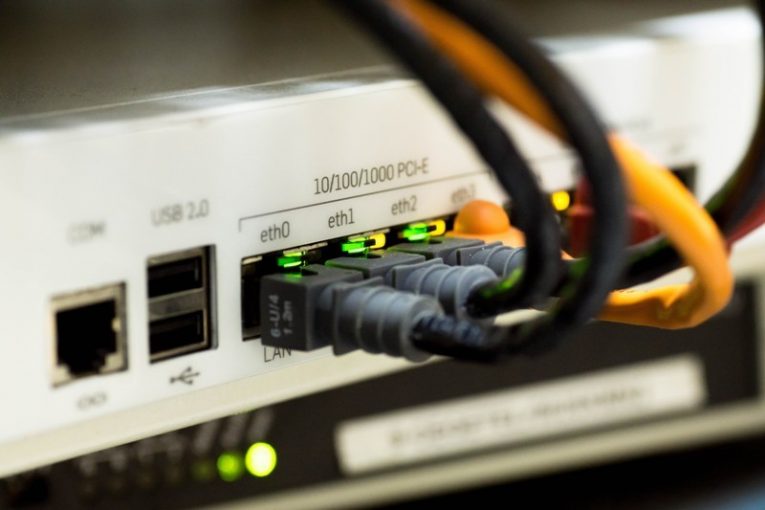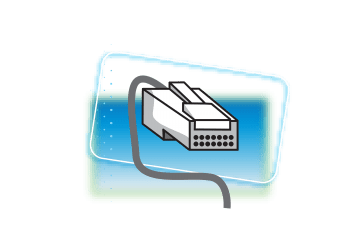What The End Of Net Neutrality Means For You

Even though net neutrality regulations have been repealed last December, there's still hope. While this has been a polarizing issue, the Senate, on Wednesday, has voted (52-47) to reinstate the FCC's (Federal Communications Commission) net neutrality rules. That might seem like a serious step toward reestablishing net neutrality regulations; however, the bill still needs to go through the House of Representatives and then the White House so that the regulations would be restored fully. Unfortunately, at the moment, it seems that there's not a lot of hope that it will advance.
Table of Contents
What is net neutrality?
While most users have heard of the term net neutrality, there's confusion of what it actually is and how it works. In 2015, the Obama-era administration instituted a set of regulations, which we came to know as net neutrality rules. The set of regulations were constructed to ensure that the Internet is open and free. Basically, the federal government categorized Internet as a public utility just as phone service or electricity. In other words, these rules state that ISPs (Internet Service Providers) must allow equal access to online content despite the source. Unfortunately, last December, the net neutrality bill has been repealed. Not surprisingly it caused a huge backlash, due to numerous concerns regarding these changes. Critics of FCC's decision are claiming that the repeal could impact the future of the Internet as we know it; sadly, for the worse. Below we'll discuss what does the end of net neutrality mean for you, the consumer.
How the end of net neutrality could affect the Internet
The Internet fast lanes
The major concern regarding the repeal for net neutrality is that the ISPs would fracture the Internet as we know it. According to critics, broadband companies might create something that came to be known as fast and slow lanes. The concept's quite simple; Internet Service providers could throttle your bandwidth if a certain online service pays for the fast lane. In turn, technology tycoons such as Facebook, Twitter, Google, or Netflix could pay a fee for the ISPs so they would get on that fast line; on the other hand, smaller business would be relegated to the slow lane.
Due to such structure, there are a number of concerning issues. Competition is at the forefront of them. Once the net neutrality regulations are fully repealed, large corporations would have an edge on smaller businesses because of their financial situation. While such system could generate extra revenue for ISPs, it does put a lot of smaller companies at a disadvantage and does little for the Internet's further development.
Higher prices
If the net neutrally rules are reversed there's a chance that you'll have to pay much more for your favorite online services such as Netflix, Hulu, Amazon, etc. If large online services invest in those so-called fast lanes, their costs will likely be passed down to the consumers. The same logic applies to online video games since users could be charged extra for the ability to connected to a specific server that could have specific game features or a low ping. There's even a chance that online games could charge an hourly rate.
Internet service packages
Another consequence of reversing net neutrality regulations, Internet service providers could start offering specific data packages. In Portugal, where net neutrality rules are not in place, ISPs are already starting to offer data packages based on most popular online services and user's habits. That's a major concern on behalf of consumers and businesses alike because certain companies, which might have ties with the broadband corporations, could get preferential treatment. Also, users with specific needs could struggle to find a package that fits those needs. Some argue that in this sense, Internet services might become quite similar to cable-style bundles.
Censorship
The FCC's critics argue that in some instances, the repeal of net neutrality regulations could spark censorship issues. Due to non-regulatory nature, broadband providers might be able to restrict access to websites that do not comply with their policies. That is a polarizing issue, which is much more complex than you might think at first. If that was not enough, under the new regulations, or the lack thereof, ISPs could also wipe out their competition without a lot of trouble.
What the future holds
While the repeal of net neutrality regulations is not fully instated, the Internet remains open and free. Also, there's still hope that the rules won't be approved as the recent Senate vote proves. Both Public Knowledge and the National Hispanic Media Coalition promised to file a lawsuit against the repeal. Facebook and Google are also looking into that same kind of action. Thus, not everything is lost.
However, it is vital to prepare for the worst. The end of net neutrality can and will (if it happens) affect us all. Unfortunately, the future seems bleak at the moment, as our Internet bills would sky-rocket while digital content could crumble. The first ones to feel the effects will likely be lower-income households. Nonetheless, new start-ups might be the ones taking the most heat because establishing yourself as a company in the age when net neutrality does not apply could be flat-out impossible.
There's no doubt that net neutrality and its rules, or lack thereof, will shape the Internet for generations to come. Whether the effects will be positive or negative remains to be seen.








